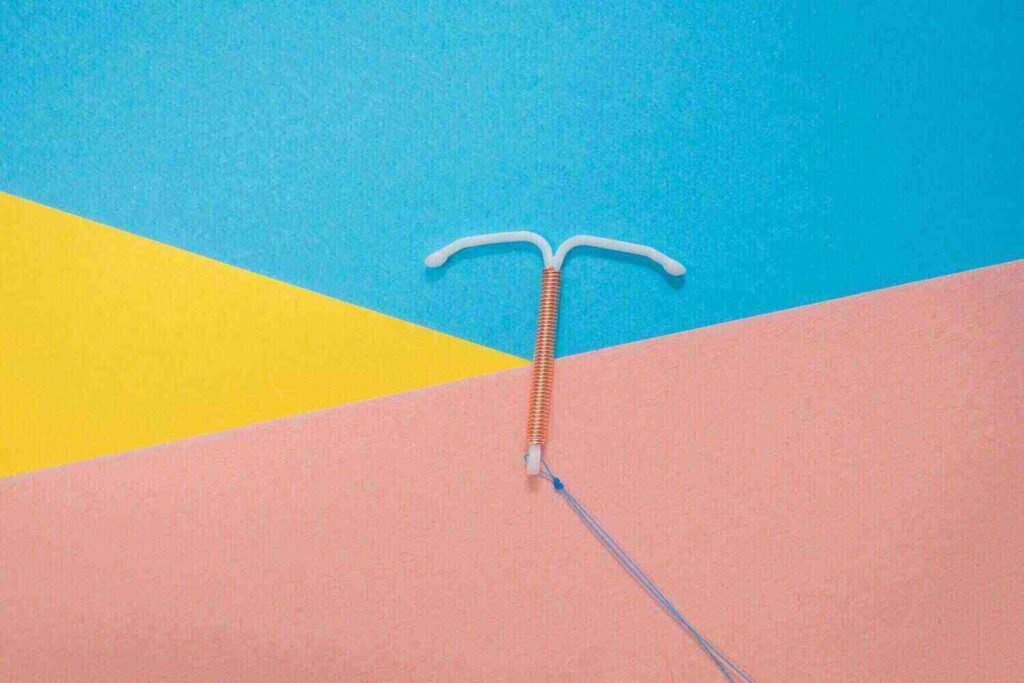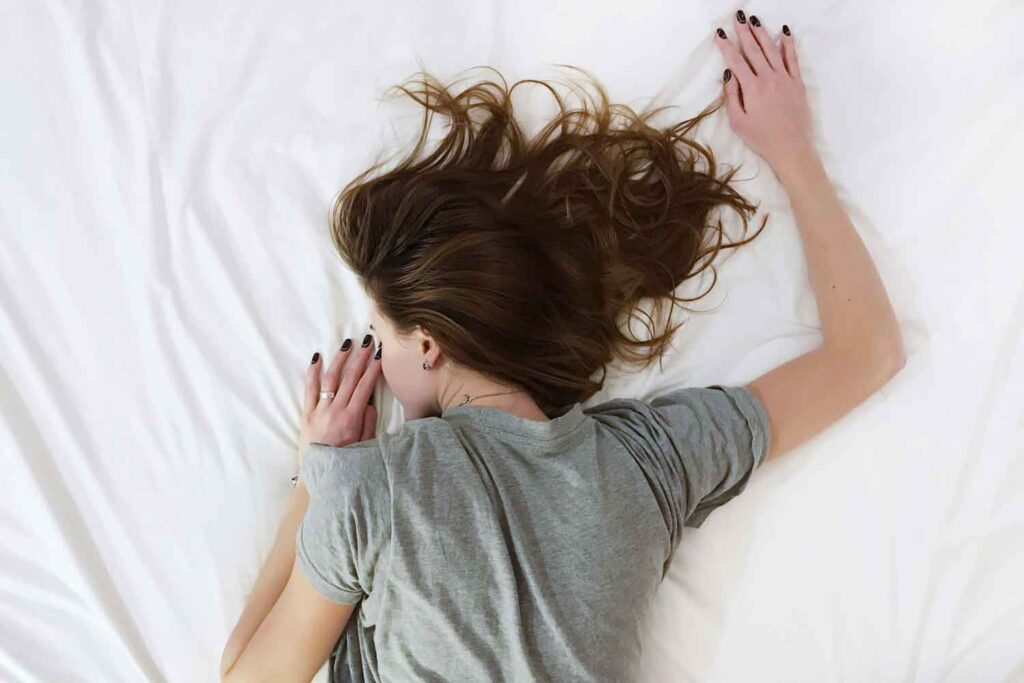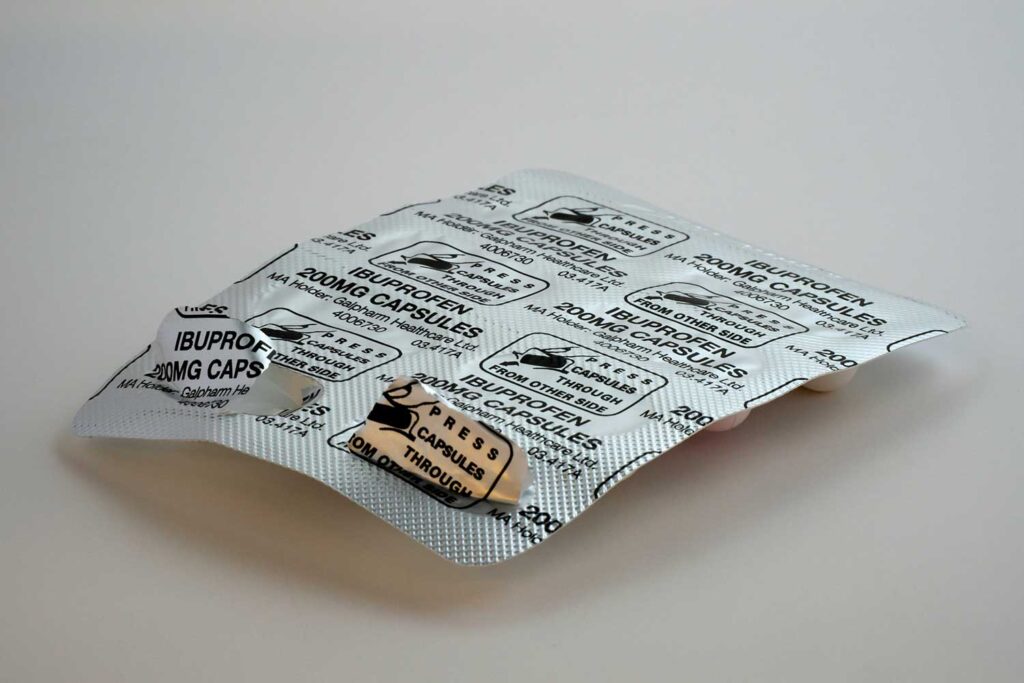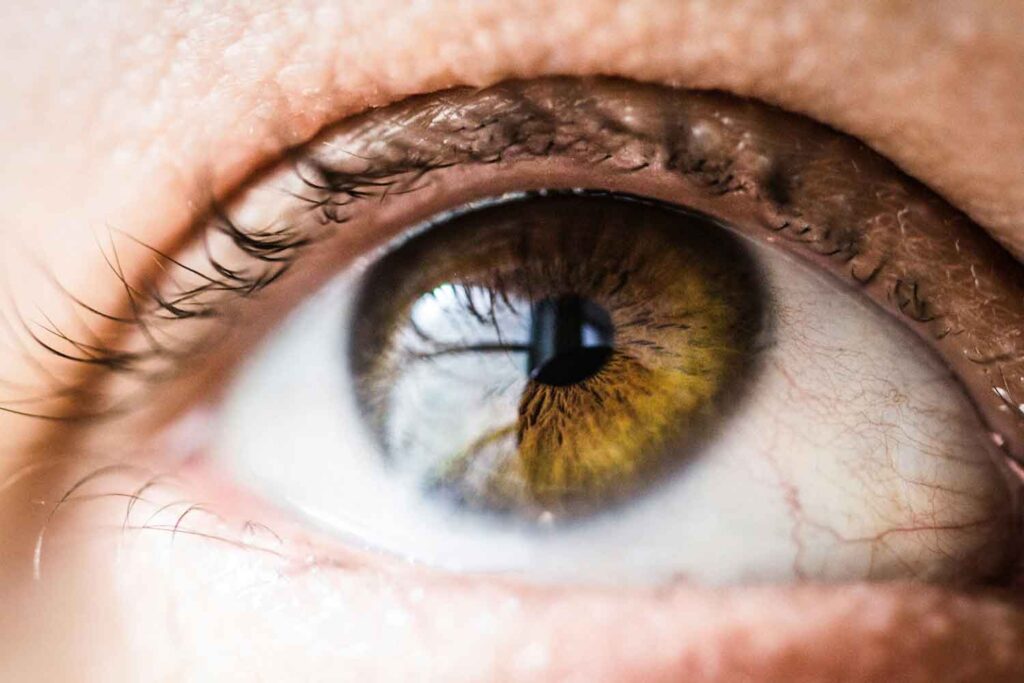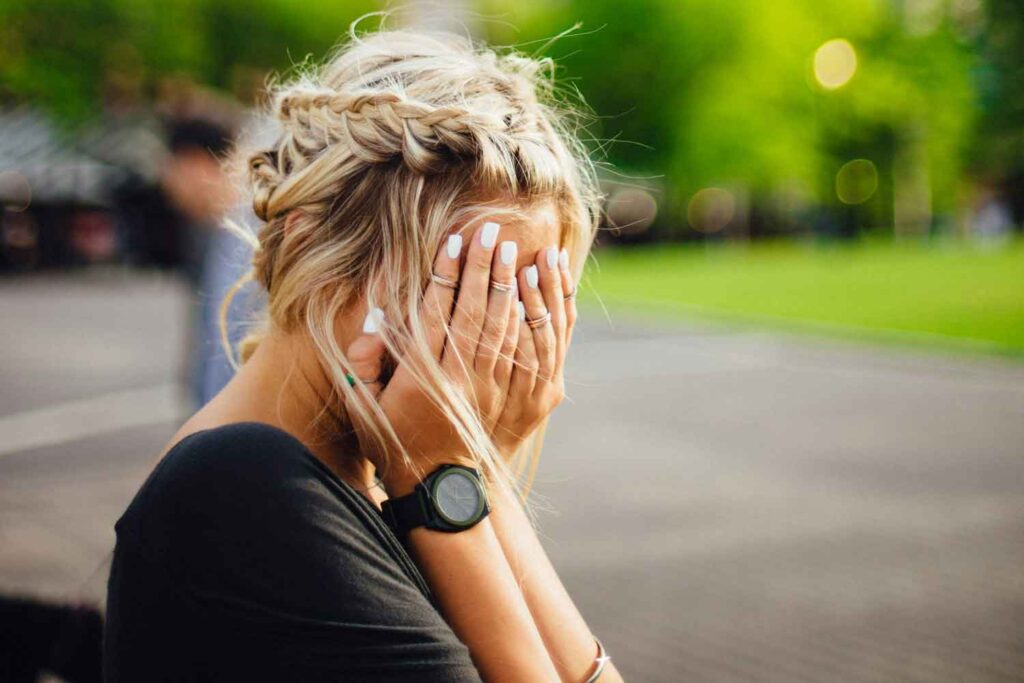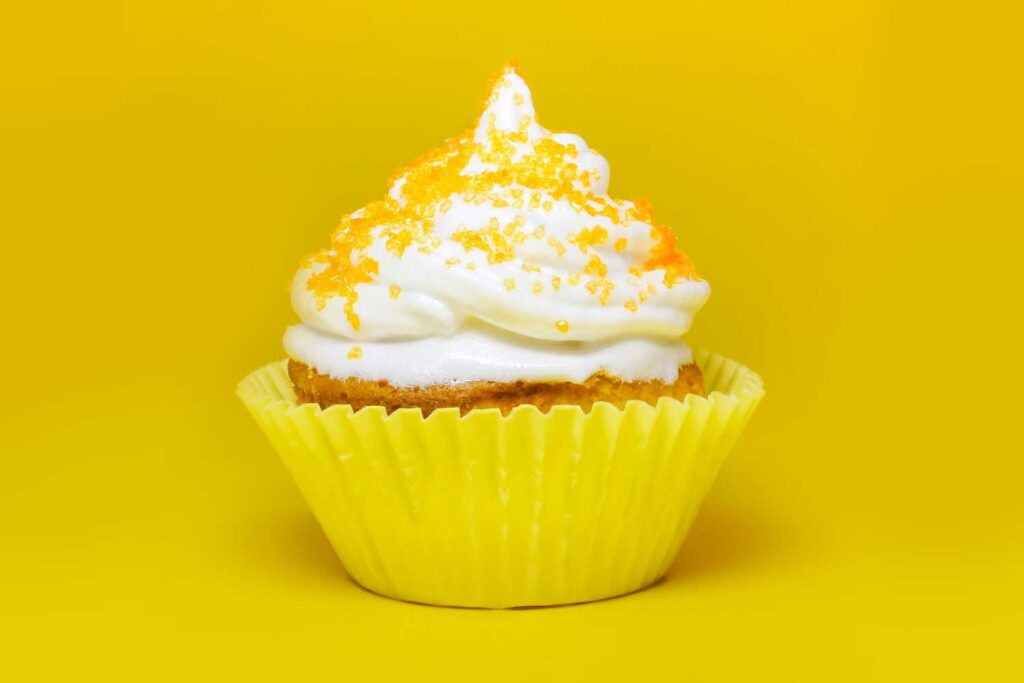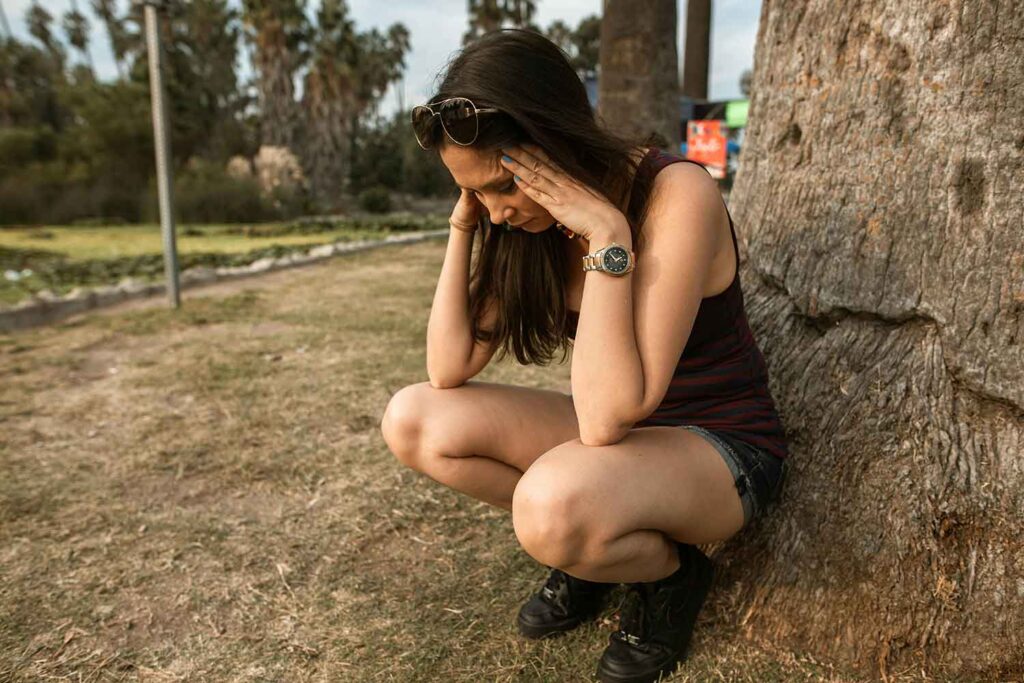Can’t Sleep Without Weed? Here’s Why
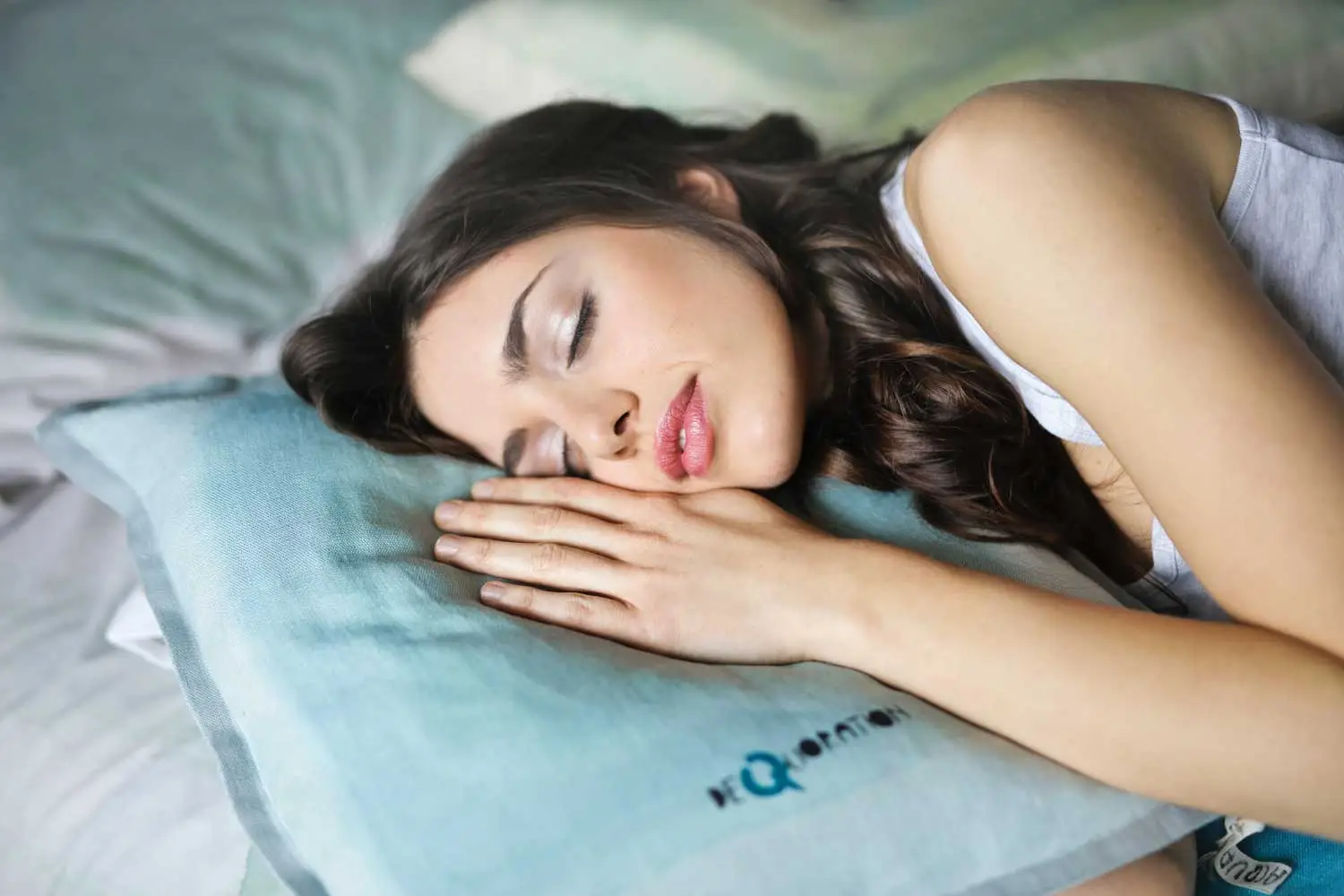
Some stoners love a blunt before bed the same way others love a coffee first thing in the morning. The truth is, people have been saying weed helps them sleep for decades. However, what happens when you can’t sleep without weed? Here’s what we know.
Photo: Unsplash
Does Weed Help With Sleep?
Yes, weed can help with sleep.
Weed definitely has a relationship with your sleep which can be both positive and negative.
As a matter of fact, if you start using weed again your withdrawal symptoms will likely disappear.
When the cannabinoids from weed attach to your receptors, it can signal your body that it’s time to sleep.
The Sleep Foundation says, “Cannabis may make you sleepy by suppressing arousal and increasing sleep-promoting adenosine.”
On the other hand, you may find yourself falling asleep faster when you smoke weed because of chronic pain and other conditions.
For example, if your chronic pain usually keeps you up, it’s a no-brainer that pain relief can help you get some shut-eye.
The Sleep Foundation agrees saying, “Cannabis may improve sleep in people with certain conditions, including post-traumatic stress disorder (PTSD), multiple sclerosis, and chronic pain.”
Therefore weed can be useful for sleep for many people.
Why You Can’t Sleep Without Weed
However, what happens if you can’t sleep without weed?
If you usually hit your bong before bed and you stop, you may notice that you’re having difficulty falling asleep.
You’re not alone.
According to a 2008 study, people who consume weed heavily had sleep disturbances after they stopped using it.
That’s because insomnia is a popular withdrawal symptom.
If you’re taking a weed break, you may notice that you can’t eat without weed either.
These are pretty normal withdrawal symptoms and should resolve anywhere between a couple of days or a couple of weeks.
A 2022 scientific article says, “The early phase of withdrawal is usually characterized by insomnia, irritability, decreased appetite, shakiness and, less often, sweating and chills. These early symptoms are most likely to peak at days 2–6.”
However, the article mentioned that sleep disturbances can continue for several weeks or even longer than that.
In case you’re wondering withdrawal symptoms can happen if you use any type of substance.
Healthline says that you experience withdrawal symptoms because your body is adjusting to not having its regular supply of THC.
“The more you smoke, the more your brain depends on this supply of THC. As your body becomes accustomed to not having THC, you may experience unpleasant symptoms. In some cases.”
Not being able to sleep without weed may be caused by other factors. In the previous section, we mentioned that people who suffer from certain ailments such as chronic paid may benefit from weed for sleep. Therefore, if they don’t use weed, they may not be able to sleep.
Is Weed Bad For Sleep?
While weed can serve as a sleep aid for some people, others aren’t so lucky.
Not only can quitting weed give you insomnia, but some people also have sleep disturbances when they use weed.
Since weed affects everyone differently, it’s no surprise that weed makes it harder for some people to fall asleep.
The Sleep Foundation says that sometimes weed can act as a stimulant and keep you up.
“While THC typically acts as a sedative, it can have a stimulating effect for some people, especially for those who are new to using cannabis or taking higher doses. In these cases, using cannabis before bed may result in a longer time falling asleep.”
The Sleep Foundation also says that long-term heavy cannabis consumption can lead to less sleep overall.
In addition, weed can be detrimental to rapid eye movement (REM) sleep. REM sleep has many functions such as brain development and memory consolidation. Therefore when you go to sleep high, that may be a problem.
On the other hand, some experts don’t believe that weed affects REM sleep at all.
How to Fall Asleep Without Weed
If you’re on a weed tolerance break or quit for whatever reason, you’re probably looking for ways to fall asleep without weed.
Fortunately, there are a ton of ways that you can go to sleep without weed.
Try Sleep Aids
While some sleeping medications can be habit-forming and you won’t be able to sleep without them, there are others available.
For example, some people swear by melatonin.
On the other hand, according to Very Well Mind, some people opt for Valerian root which is a herbal supplement and L-theanine is an amino acid that can promote relaxation.
Another popular product that promotes relaxation and sleep is chamomile tea.
A 2019 meta-analysis found that chamomile tea improved sleep quality in participants with anxiety. If you used weed to reduce your anxiety before bed to help you sleep, this could be a great non-habit-forming alternative.
Before you go running to the pharmacy or supermarket for these products, do your research and talk to a doctor.
Very Well Mind warns, “Before taking any herbal remedy for sleep, talk to your doctor. While such supplements may be “natural,” they can still produce unwanted side effects, particularly when combined with substances.”
Practice Good Sleep Hygiene
As The Sleep Foundation puts it, sleep hygiene is about putting yourself in the best position for a good night’s sleep.
Here are some ways you can practice good sleep hygiene:
- Stay away from screens before bed. That means putting your phone, laptop, tablet or any other screen away before bedtime since they can delay sleep.
- Wake up and go to sleep at the same time every day. That may be difficult to do at first, especially with your insomnia but it will get easier.
- Find a calming activity to do before bed. That could mean sipping on tea without caffeine, journaling, or meditation.
- Cutting off your caffeine consumption by a certain time every day.
- Figure out what you need to fall asleep. For some people that means silencing their phones, sleeping with an eye mask, or a certain temperature.
Address Underlying Issues
If you suffered from insomnia before weed, chances are there’s a reason.
Maybe you can attribute your insomnia to chronic pain or PTSD. In that case, seek treatment for any of these issues and chances are you’ll be able to sleep soundly again.
If you’re not sure what was causing your insomnia before, speak to a medical professional.
Takeaway
If you can’t sleep without weed, you’re not alone. Many stoners find that when they take a weed tolerance break, they experience withdrawal symptoms such as insomnia. Fortunately, withdrawal symptoms tend to clear up within a couple of weeks. Even though weed may be a great sleep aid for you, there are other options out there. Finally, if weed doesn’t help you get a good night’s sleep, don’t use it so close to bedtime.


